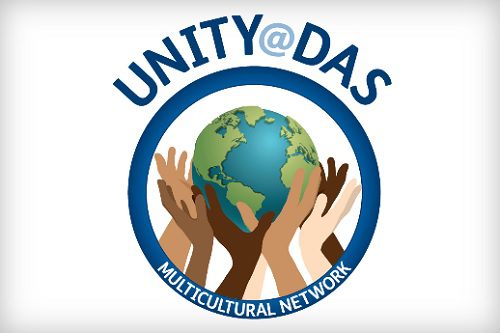International Day for the Elimination of Racial Discrimination

Authored by DAS
Enitan Aromolaran, Associate at DAS Law, shares her insight into the events and movements that show racial discrimination is still a big issue for the global community.
Thursday 21st March marks International Day for the Elimination of Racial Discrimination (IDERD). The United Nations General Assembly began observing the day in 1996 to commemorate a tragic event in 1960, in which police in Sharpeville, South Africa, opened fire and killed 69 people and injuring over 180 others during a peaceful demonstration against apartheid “pass laws”. The massacre drew international attention to the brutality of apartheid and the urgent need for global action to double down on efforts to eliminate racial discrimination.
In 1979, the General Assembly adopted a programme of activities to be undertaken during the second half of the Decade for Action to Combat Racism and Racial Discrimination. On that occasion, the General Assembly decided that a week of solidarity with the peoples struggling against racism and racial discrimination,
I will start with the confession that I was not familiar with this day until I was asked to write this article. As a black woman who is passionate about diversity and inclusion, I would definitely not judge you if you were in the same position. I have also seen the day referred to as the International Day Against Racism.
So, I started at the beginning, Wikipedia, with the intention of getting the background and deciding the direction of what I would write. I was surprised at the limited information and quickly moved to the United Nations website, only to find, at that point, that it had not yet been updated for 2024! (It has since been updated.)
Since I couldn’t find a theme for this year, I decided the direction would be to educate myself and others and just share how this day and week make me feel.
Below is more information and the terms used:
1. International Day
These are the international days and weeks currently observed by the United Nations.
The United Nations designates specific days, weeks, years, and decades as occasions to mark particular events or topics in order to promote, through awareness and action, the objectives of the Organisation. Usually, it is one or more Member States that propose these observances and the General Assembly establishes them with a resolution.
2. Elimination
The complete removal or destruction of something.
3. Racial
Relating to the major groupings into which humankind is sometimes divided on the basis of physical characteristics or shared ancestry. Including: Race, Colour, Decent, National origin and/or Ethnic orgin.
4. Discrimination
The process of making unfair or prejudicial distinctions between people.
In recent years, there have been no shortage of events and movements that show racial discrimination is still a big issue for the global community. I must admit that, despite my previous confession about my lack of awareness, I was slightly jealous that International Women’s Day had a more visible global webpage.
Nevertheless it has highlighted a key strength of International Day for the Elimination of Racial Discrimination; that racial discrimination has an impact on everyone around the world, and that although more popular observances or specific outcries may elevate some racial groups, it is important to remember and advocate for all racial groups and marginalised communities. I will be enthusiastically incorporating International Day for the Elimination of Racial Discrimination into my annual practice, as it serves as a great reminder.
On an even more personal note, I think International Day for the Elimination of Racial Discrimination is a very importance day to observe, I love celebrating my culture and use October as an opportunity to loudly celebrate it. Typically, I like to focus on the more positive and increasing visibility. The reality is that I have been racially discriminated against in my personal and professional life and although I can celebrate overcoming it, I feel IDERD is an important day to call out the negatives to help stamp it out.
I am grateful to work in a company that has given me the opportunity to learn and share about such an important day that highlights calls out discrimination although it may be uncomfortable.





